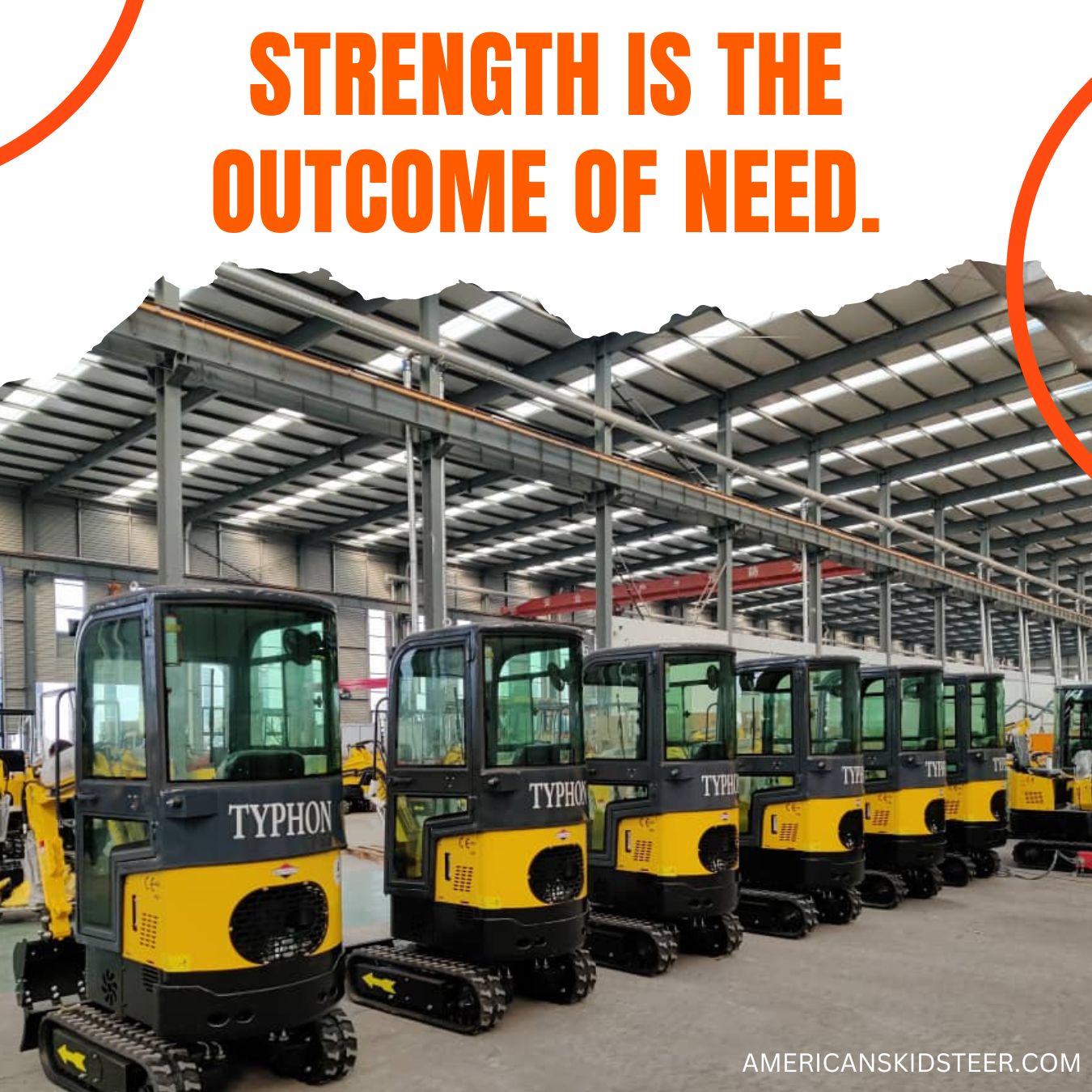Today, we dive into a growing concern in the agricultural industry involving John Deere, the largest agriculture machinery company globally, and its impact on US farmers.
The Issue at Hand
According to Senator Elizabeth Warren, John Deere is acting against the interests of farmers by failing to provide the necessary tools for them to repair their agricultural equipment. Despite record profits, the company is allegedly hindering farmers from making repairs themselves, forcing them to rely on costly official repair services. Warren claims that this behavior not only breaches federal regulations but may also violate the Clean Air Act.
Right-to-Repair Agreement
In January 2023, John Deere entered into a landmark agreement with the American Farm Bureau Federation (AFBF) to address the right-to-repair movement. The memorandum of understanding required John Deere to provide tools, software, and documentation so farmers could repair their equipment without needing to go through official repair channels. However, Warren alleges that the company has not fully honored its obligations. She accuses John Deere of supplying “impaired tools” and insufficient documentation, leaving farmers to face rising repair costs.
Soaring Repair Costs
The financial burden on farmers has escalated significantly, with the cost of parts and labor required to repair agricultural equipment nearly doubling over the past two decades. Since 2020, repair costs alone have increased by 41%, while John Deere’s profits have surged by 270%. This disconnect between rising repair costs and the company’s skyrocketing profits is drawing sharp criticism, especially as farmers struggle with labor strikes, supply chain disruptions, and the lingering effects of the Covid-19 pandemic.
Environmental Concerns
Beyond the financial strain, Warren’s letter highlights potential violations of the Clean Air Act. John Deere’s restrictions on equipment repairs may hinder proper maintenance of emission control systems in farming equipment, negatively impacting greenhouse gas emissions. Under the Clean Air Act, manufacturers must provide the necessary information to repair these systems, and Warren has called for clarification on whether John Deere is in compliance.
What’s Next?
Warren’s letter to John Deere’s CEO, John May, could mark the beginning of increased scrutiny, with public hearings potentially on the horizon. As the debate intensifies, the outcome could have lasting implications for the right-to-repair movement and for the future of farming equipment repair.
This controversy underscores the importance of the right-to-repair movement and its implications on both the financial well-being of farmers and the broader environmental impact. With potential legal ramifications on the horizon, this is a developing story that both tech enthusiasts and those in the agricultural industry will want to watch closely.







